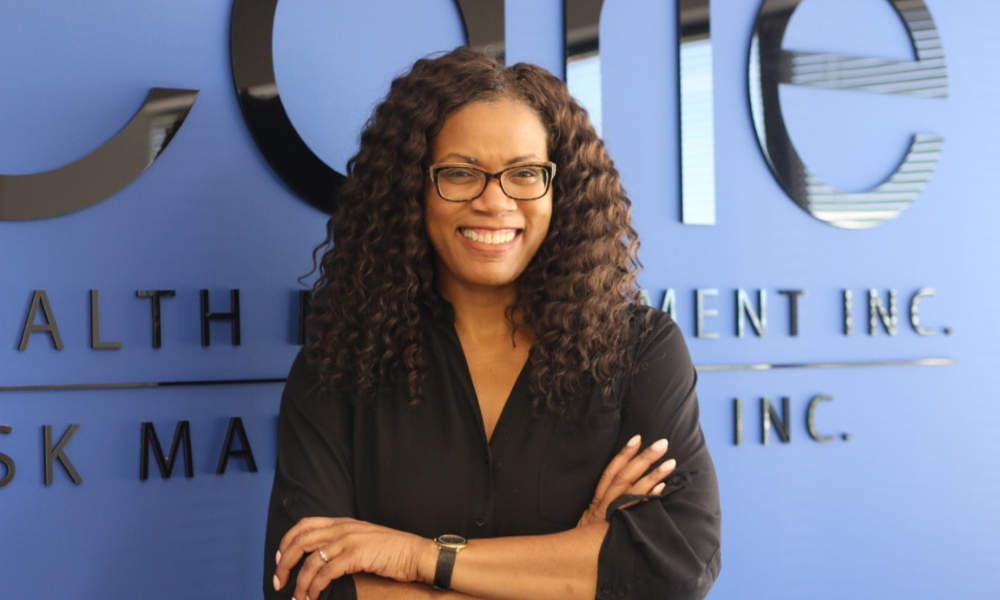Today's challenges mean clients' situations are changing rapidly, says advisor

Advisors should be checking in with their clients more now after they've got through COVID, dealt with market volatility, and are facing up to increasing inflation and interest rates. On top of that, there is the very real risk of recession.
“People want to check in, so don’t wait for them to call you,” Jackie Porter, president and founder of Team Jackie Porter with Carte Wealth Management, told Wealth Professional.
“Pick up the phone. I think I’ve done that more than ever lately. So, pick up the phone and talk to all the clients with whom you have relationships. Give them the opportunity to talk to you because it’s a great time to check in and ask people what they’re going through.”
Read More: What do ‘Sex and the City’ and financial planning have in common? | Wealth Professional
While advisors may have done that when the market dropped as the COVID lockdowns began, she said it’s good to do it again now since clients could be dealing with many different things.
Businesses that stayed afloat with government support during the pandemic could be struggling again with that support withdrawn. Business costs could be rising with higher energy prices or interest rates, or they may need a larger emergency fund if they work in a speciality niche.
Clients could be trying to decide if they should remain in a variable interest mortgage or move to a fixed one for their homes or business properties. They could also be considering the impact of dropping real estate prices or the cost of maintaining a cottage they bought during the pandemic.
They may also be deciding whether they want to sell U.S. properties they couldn’t use during the pandemic, especially as costs keep rising – though Porter said she had one client who did that, then immediately bought another
It’s also a good time to do a stress test their retirement funds and look at making this year’s RRSP contributions. It’s also a good time to look at ther budgets and cash flows, particularly if they saved during the pandemic and started spending more after with the costs to return to the office, such as the impact of driving more and paying higher gas costs. But, it’s also important to review their emergency fund – whether it was drained in the pandemic, or they have extra cash they can add.
“I think the role of an advisor is to remind people where the risk is that they might not see and help them put a plan together for that, to be their risk manager and help them think through the risk of the next thing and plan for it.” she said. “It’s a good time to remind people of their longer-term plans, but also shore up their cash for their business as well as their personal finances.”
So, there are lots of touchpoints and then advisors could suggest a financial plan or investment plan review to help clients determine their next steps. That could be especially helpful if clients divorced during the pandemic and now need to re-examine their entire picture to move forward.
“People’s plans changes, so we can help them realign back to what they told us they wanted to do and paint a picture of what that looks like and what the implications are for taxes and cash flow,” said Porter. “That could potentially help them sleep better at night.”
Read More: How to help clients keep saving and investing post-pandemic | Wealth Professional
It’s also a good time to use the technology to send out articles that keep clients more informed.
“It’s a good time to get in front of your top clients and send out emails to all of your clients, and give them an opportunity to check in because that’s probably the biggest blind sport for advisors. When I think back to 2008, the clients who didn’t hear from their advisors were the ones were soon talking to somebody else,” she said. “So, it’s a great time to remind your clients of your value.”



